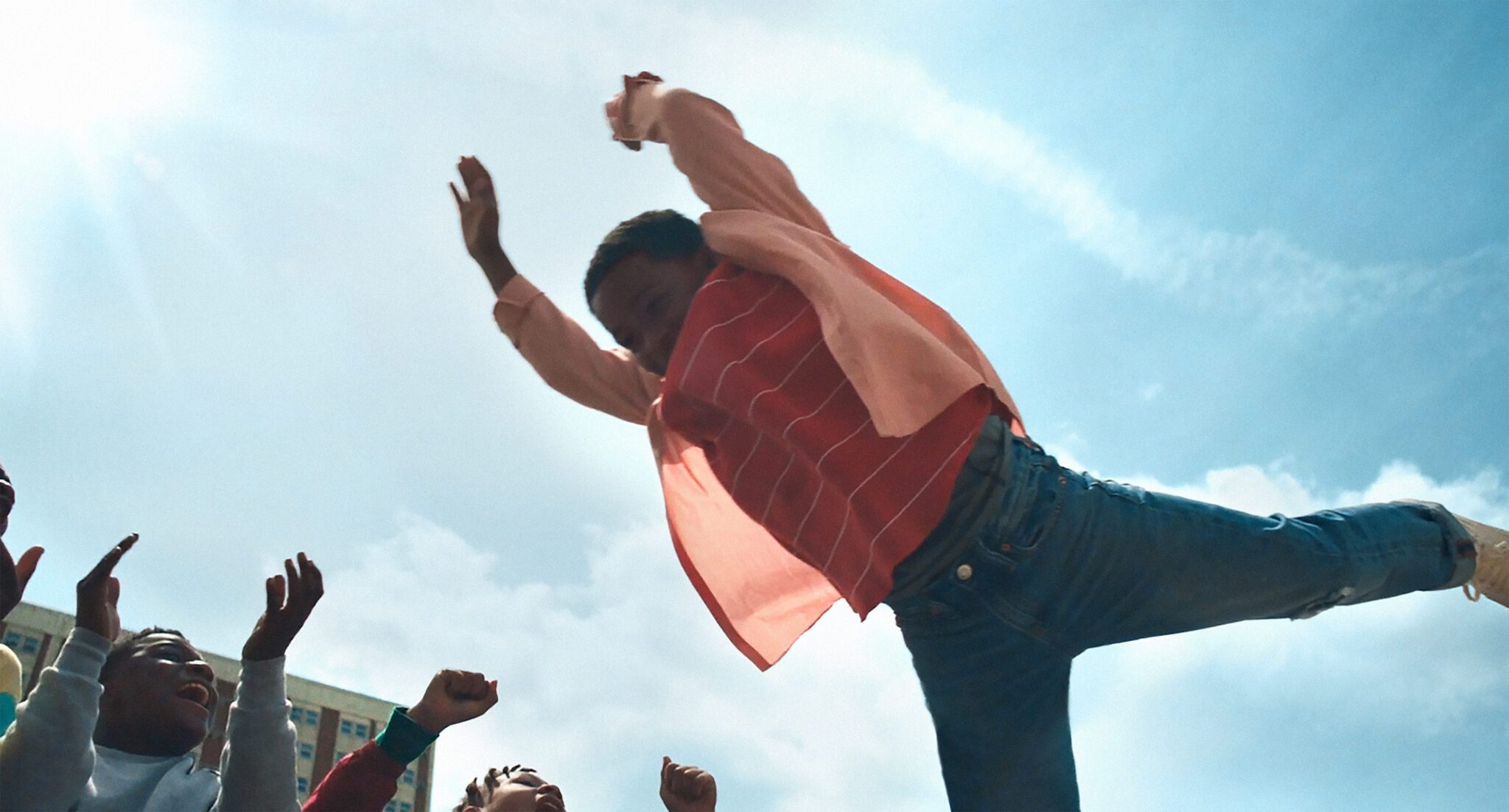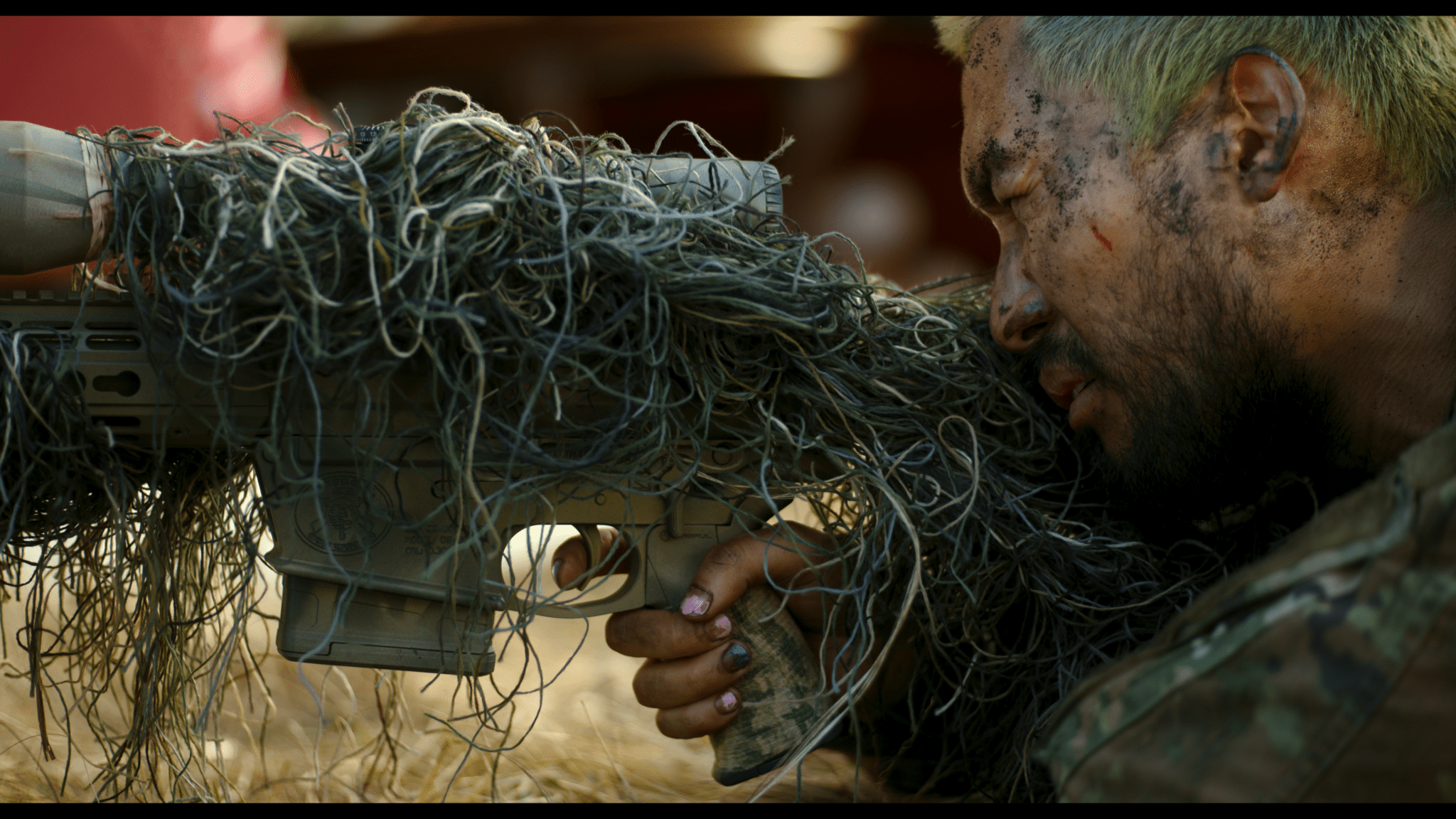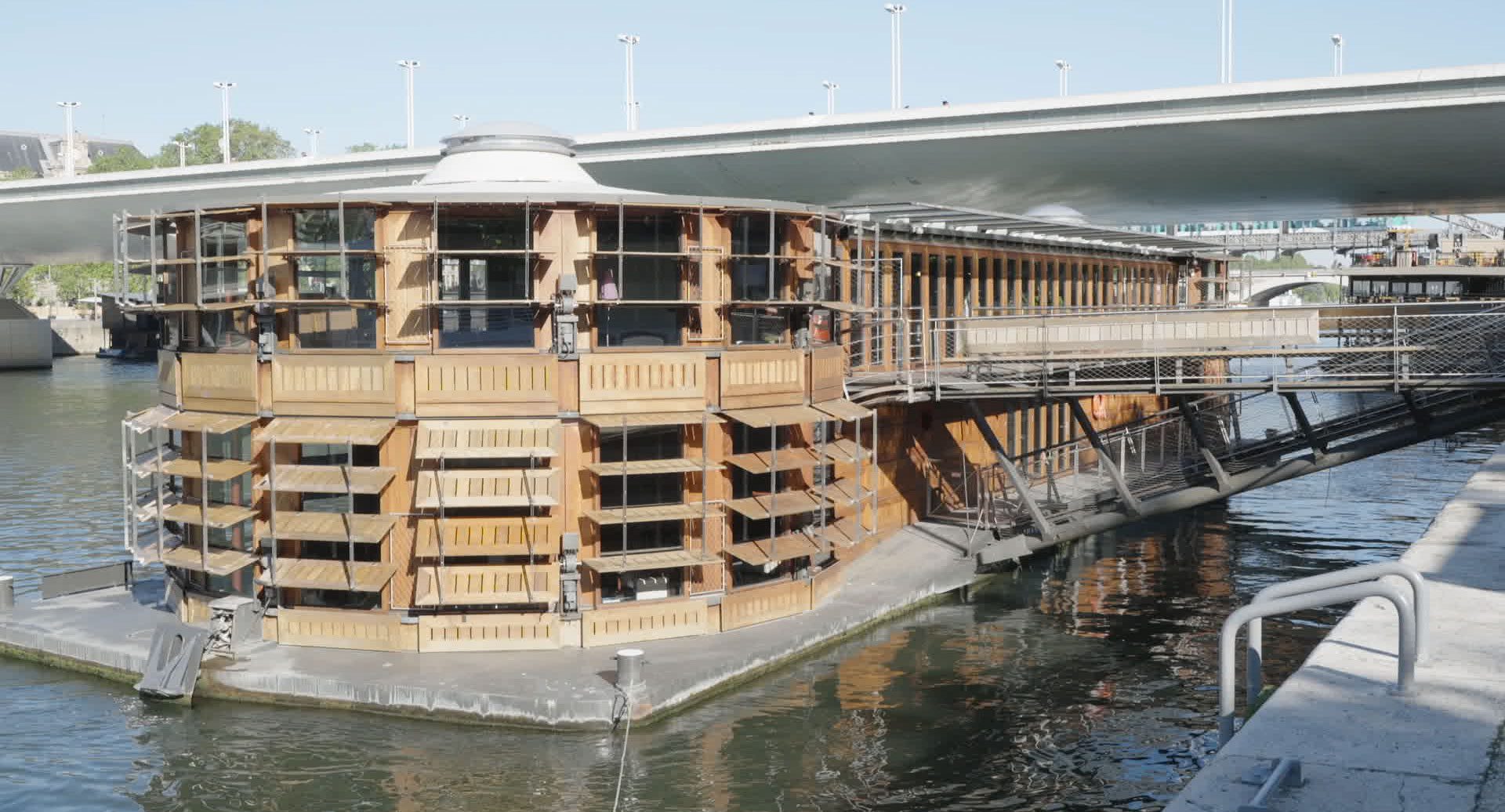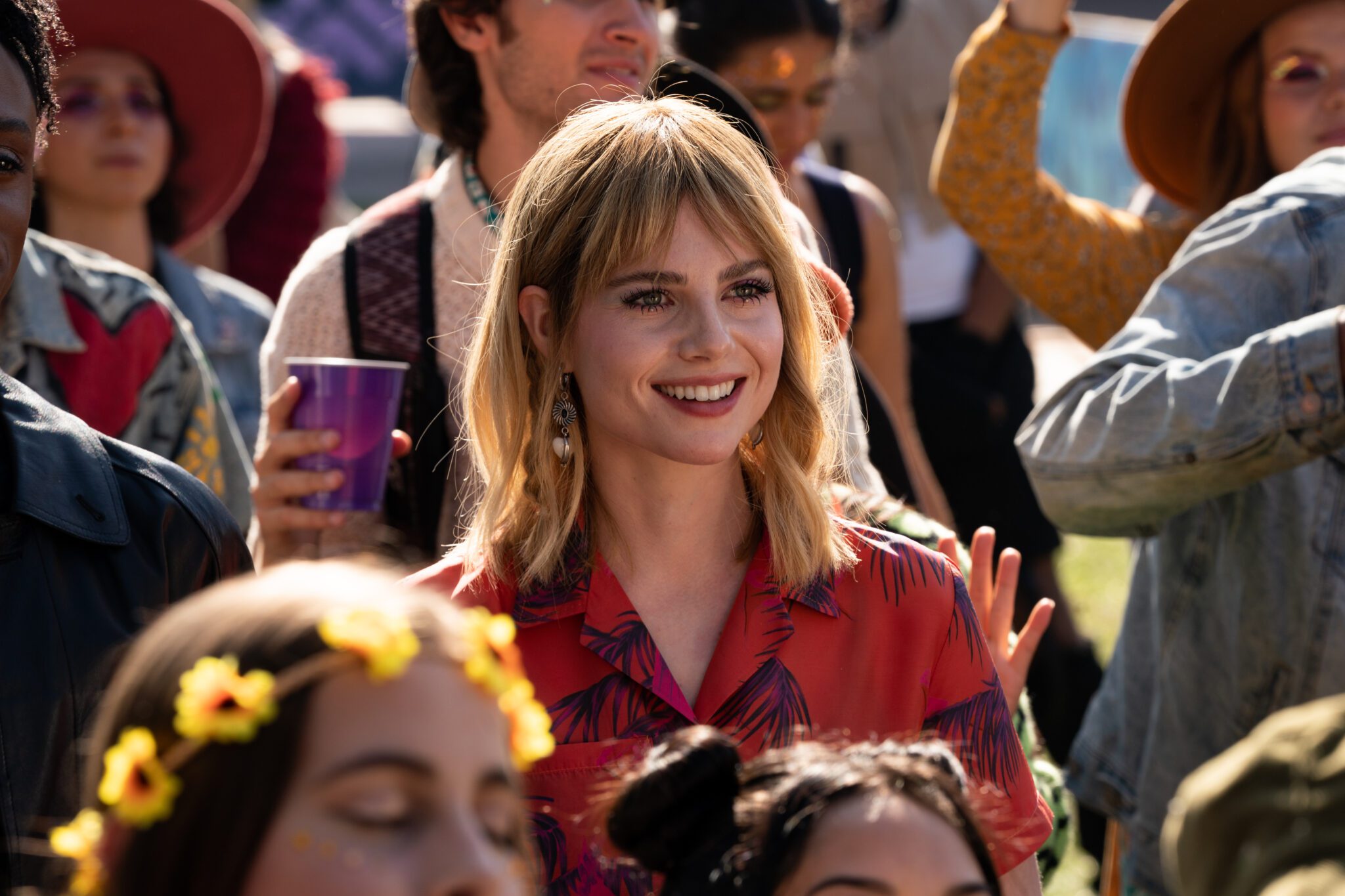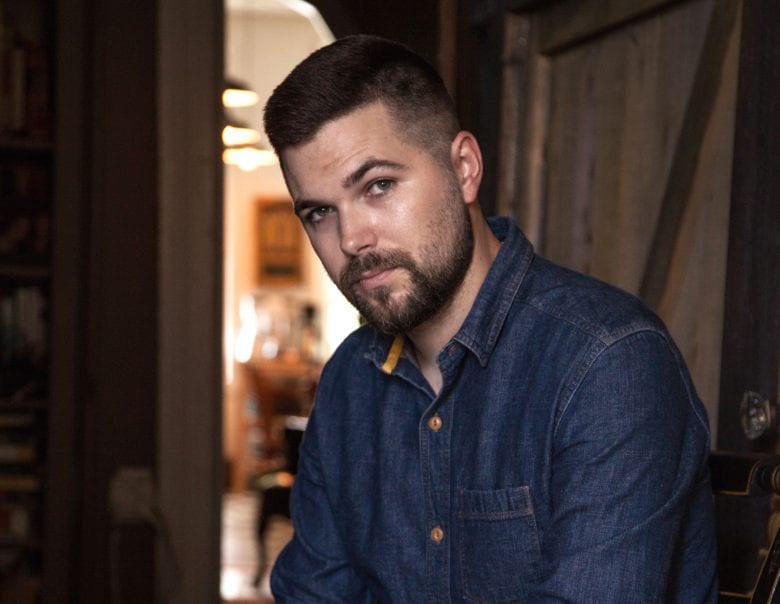
Starring Robert Pattinson and Willem Dafoe,?The Lighthouse?follows the journey of Winslow (Pattinson) and Wake (Dafoe), two lighthouse keepers, who try to maintain their sanity while living in isolation on a remote island off the coast of Maine.?The Lighthouse?is a fascinating piece that feels like a throwback to classic post-War noir films. Echoing classic Hitchcock films like?Psycho?and?Rear Window, Eggers states that it was the film?s unique setting that first drew him to the project.?
?It was the atmosphere and the idea of these two guys in a lighthouse in black and white that made me interested. Then, it was about finding the things that are scary about this setting and indulging in them. Certainly, every little kid knows the first time they get like sucked under a wave that she wins every time. Mother nature is for real.??
While he was developing his vision for the film, Eggers knew that he needed two men who could handle the material and bring the intensity in their conflicts with one another. Using these criteria, it was an easy decision for him to pursue both Willem Dafoe and Robert Pattinson for the key roles.?
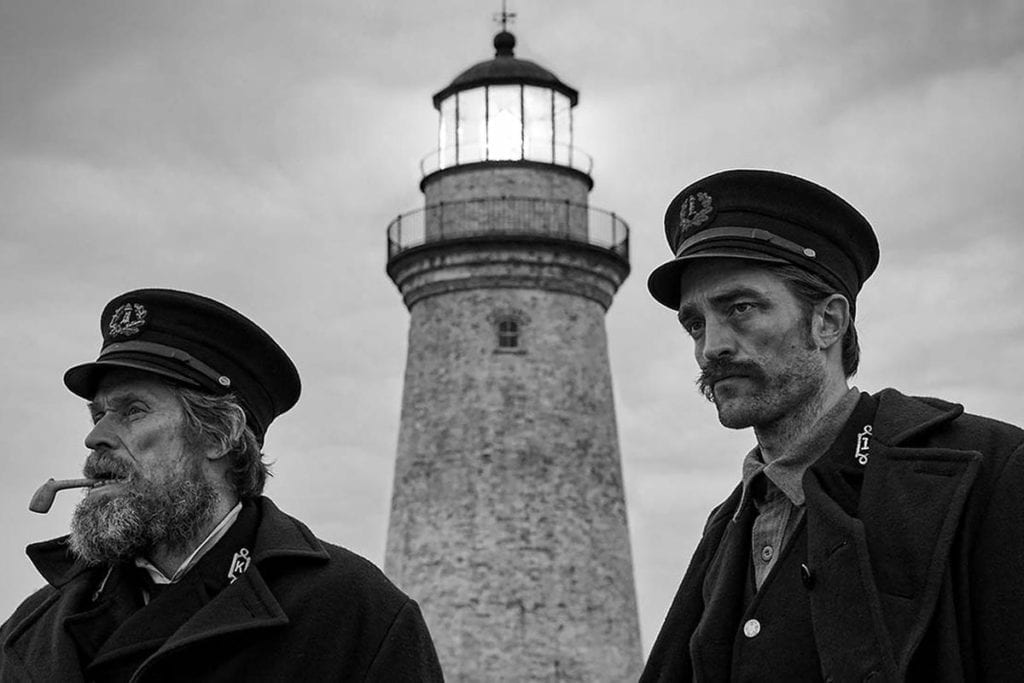
?I had wanted to do something with Willem and he had shockingly wanted to do something with me. Same with Rob,? he explains. ?I [once] offered Robert role in one of the movies that didn’t get made as sort of a posh, cigar-smoking Victorian dandy and he said ‘no thanks. I like something that’s actually challenging and strange.’ So, when?The Lighthouse?became something that looked like was actually going to get made, who else are you going to call? There’s no question that they’re the appropriate people for these roles? I find it funny that people still kind of say, ‘Oh, after?Twilight, Rob’s finally doing some stuff.’ Man, have you been paying attention? He’s a great actor.??
Shooting in a 1:19:1 aspect ratio on black and white film,?The Lighthouse?visually reinforces the claustrophobic atmosphere between the two leads as they battle for screen presence. Asked when he decided to shoot the film in such a unique and unsettling format, Eggers claims that those cinematic choices were always a part of his vision for the film.
?From the beginning, it was black and white, [with a] 35 millimeter negative,? he expounds. ?It was seven years from the first time I started talking about this until it got made, [so] we thought about different things. There were versions that would have been really more self-consciously degraded looking but it was a process of us pitching different ideas back and forth and then finding out what was actually feasible and affordable. This film is so heavy handed. We made a lot of strong choices and we’re sticking to them even if they’re over the top.?
Interestingly, with The Witch and now The Lighthouse, Eggers? first two features have been ?period pieces?. When he thinks about what it is about history that makes it so scary, Eggers contends that the true horror of human nature stems from our inability to learn from our past?History is terrifying because human beings do bad things all the time and the further we are away from different epox, they either look romantic or more horrifying. [Then,] we don’t tend to learn from the past. So, it?s nice for me to understand where we are and where we’re going by looking at where we came from.??
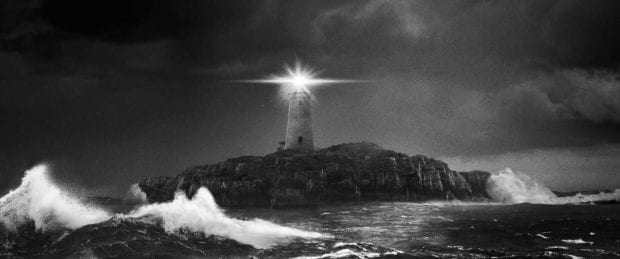
As these characters slowly descend into madness, Eggers? film explores the nature and origins of power and hyper-masculinity when two titans are pitted against one another.
?My ‘go-to’ quote is ‘Nothing good happens when two men are trapped in a giant phallus.’ [laughs] But there is a lot of truth in that. There is all of this heteronormative masculine energy and erotic energy that is bubbling up with nowhere to go so it?s going to explode and come out somehow.??
Ironically, given the film?s intense vibes and madness, one of the more underrated qualities of the film is its underlying humour. In the midst of a heightened environment with wild situations,?The Lighthouse?also brings an unexpected amount of levity to its script.
?Tarkovsky has almost no humor in his movies, but one of his idols is Dostoyevsky is hilarious,? Eggers illuminates. ?Being miserable is hilarious. So, as my brother and I were writing the script, we really wanted to embrace that. Rob and Willem are incredible comedians. In fact, when we were shooting it, I kept saying to the editor like, ‘I think this is too funny.’?
Of course, due to the film?s emphasis on the otherworldly nature of the elements, one would expect that shooting would come with its challenges.?
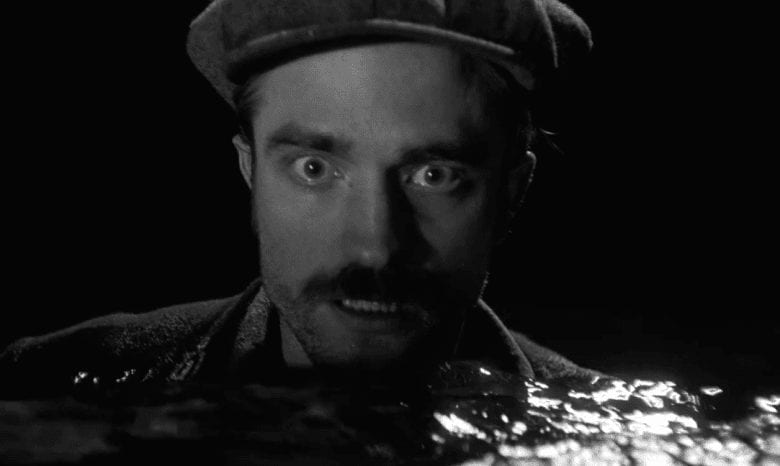
?Really, there was never really an easy scene,? Eggers recalls. ?Even when we moved into this stage, the producers, financiers and the bond company came in we said ?we’re going to pick it up? and we had to say no because actually these are all extremely long-oners with elaborate choreographies. There was nothing easy.??
?One thing that I haven’t talked about was when the mermaid appears on the beach, the tides move really quickly and Valeriia [Karaman], as a mermaid in a prosthetic, can’t walk. So, we have all these guys walking her out to the rocks to place her and we had the rain machine going. We can just see, minute after minute, that these huge crashing waves are getting closer and closer and we’re just trying to shoot this thing before the waves come and wash our mermaid into the Atlantic Ocean. That was incredibly stressful.??
With this in mind, one of the film?s more interesting (and unique) characters comes in the form of a seagull that plagues Winslow. While working with animals is never easy, Eggers says that he was shocked at how well the birds performed.
?The seagulls were amazing,? he remembers. ?There were three birds that played ‘One Eye’? [and] they were incredibly smart and well trained. The trainer was always giving us low expectations of what the birds could do and saying that they are very sensitive. But then the first thing we did was the bird landing on the window sill, pecking three times and flying away. Amazingly, it just… did it… with no CG and, and we thought ‘wow.’ It’s never easy shooting with animals [but] they were cool.??
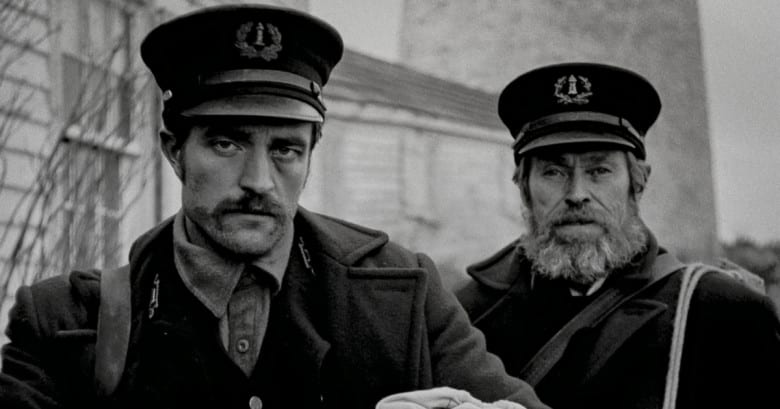
Since the film takes place in a lonely lighthouse, it should come as no surprise that one of the key themes of the film is the tension between light and darkness. For Eggers, much of the mystery surrounding the mystical light grew out of his appreciation for the physical lens itself.
?I wanted the lighthouse and the cottage in the lighthouse station to be a total [dump],? he illuminates. ?In truth, in the 1890s, it would have been really difficult to have a lighthouse station in such disrepair because, in the United States, lighthouse establishment was like run like a military organization. They constantly had inspectors checking in on things. We invented the idea that this was so remote that the inspectors [just ignored it]. I didn’t set it earlier when the lighthouse would be in such disrepair because I wanted the foghorn with that sound and I wanted the Fresnal lens, which is the lens in the beacon.?
?It’s hard to believe that those were invented in the 1860s (I believe) because they look like art deco, jewel spaceships. I felt that that object is so romantic and mysterious and hypnotic that, if we had that, there would be a secret in the light, whatever it may be. In fact, our DP, Jared, and I went to one of the few lighthouses in North America that has a working Fresnal lens. I truly believe it was not just because we were working on this movie, but we could have stared at the thing all night. It’s so stunning, you know???
While much of modern horror opts to focus itself on gore or ?jump scares?,?The Lighthouse?s emphasis on its characters? descent into madness feels far more similar to classic sci-fi horror films of the post-War era. Nevertheless, Eggers also believes that this film allowed him to establish more of his own style, rather than rely exclusively on the greats that came before.
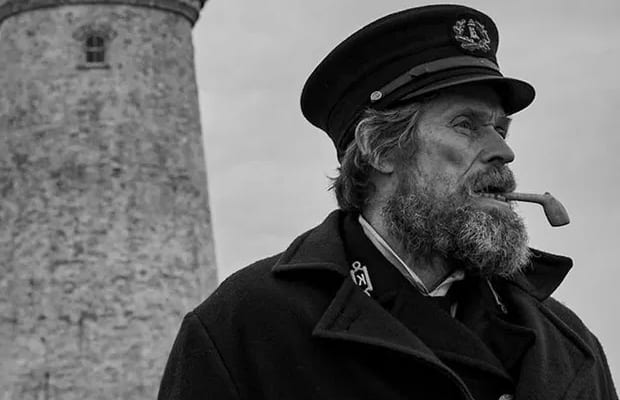
?Hitchcock was not a deliberate influence though he was certainly one of our teachers? I was also pleased to see this movie that put David Lynch’s oeuvre into [this] context? I think the cinematic influences, even the ones that I’ve never seen, are fairly clear. I do think that?The Witch?wears its influences on its sleeve in a way that feels much more like a first feature. I feel like, for me personally, I’ve integrated my influences a little more [in?The Lighthouse] and it feels like you can see what they are, but I feel like I’m doing a better job becoming myself in this one, which I’ll hopefully get better at.??
For full audio of our interview with Robert Eggers, click here.
The Lighthouse?dives into madness in theatres beginning October 25th, 2019

